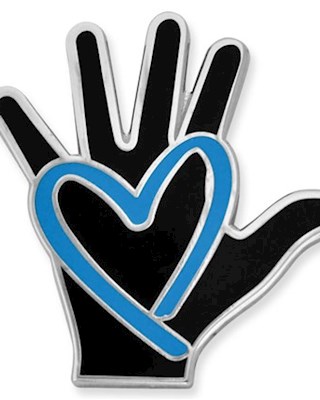Understand the Toll Trafficking Takes on Communities of Color
February is Black History Month in the United States. Honor this time by learning about how human trafficking affects communities of color.
This action is on a new page. Don’t forget to come back and tell us if you took this action.

Thank You!
Thank you for completing this action. Head back to the action library to see more ways you can help.
Share this Action
Understand How Human Trafficking Affects Communities of Color
February is Black History Month in the United States. Honor this time of year by learning about and understanding how human trafficking has a disproportionate impact on communities of color. This is particularly true for girls and women in those communities.
Generally speaking, marginalized communities are at increased risk for modern day enslavement. This is true for African Americans. For example, as Gabrielle Union writes in Essence Magazine, 52% of all juvenile prostitution arrests in the US are African American. People who have been in prison, especially women, face additional trafficking risk. Additionally, the US Dep't of Justice reports that over half of all confirmed sex trafficking victims and survivors are African American.
Understanding how disparities in access and opportunity has an impact on communities of color is essential to fighting human trafficking in the United States. For more information about this subject, read the article by Gabrielle Union or this January 2019 article from The Voice of Black Cincinnati.
Forms of Abolition:
Awareness
Forms of Slavery:
Sex Trafficking

Did you complete this action?
We want to track how many people take this action, so we understand the impact it has on the ground. We share these impacts regularly and always partner with organizations to make sure what you're doing counts.

